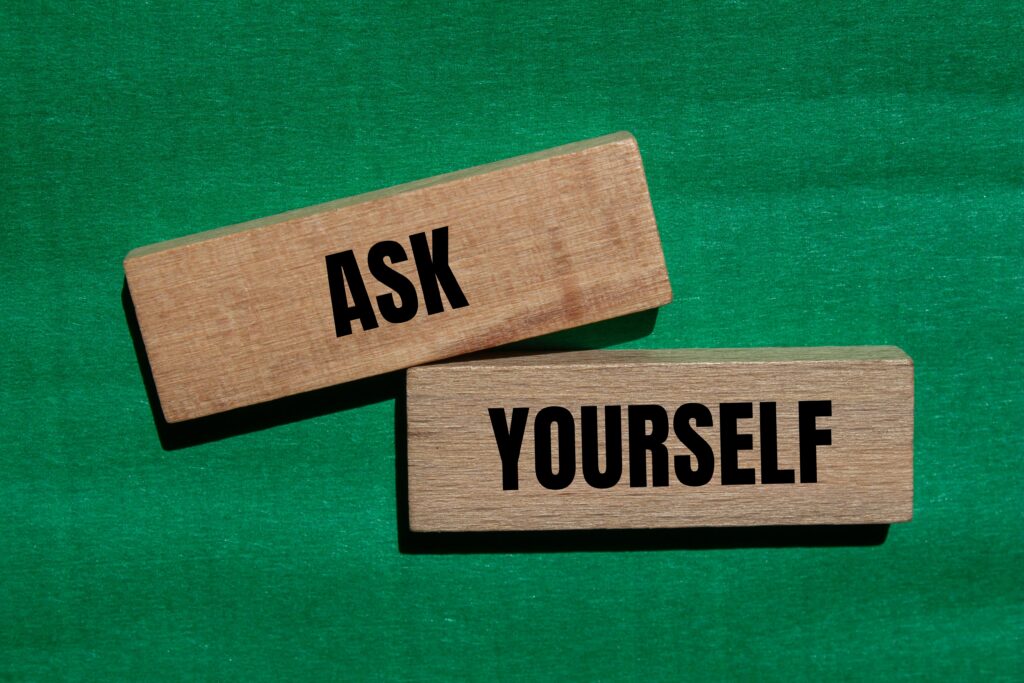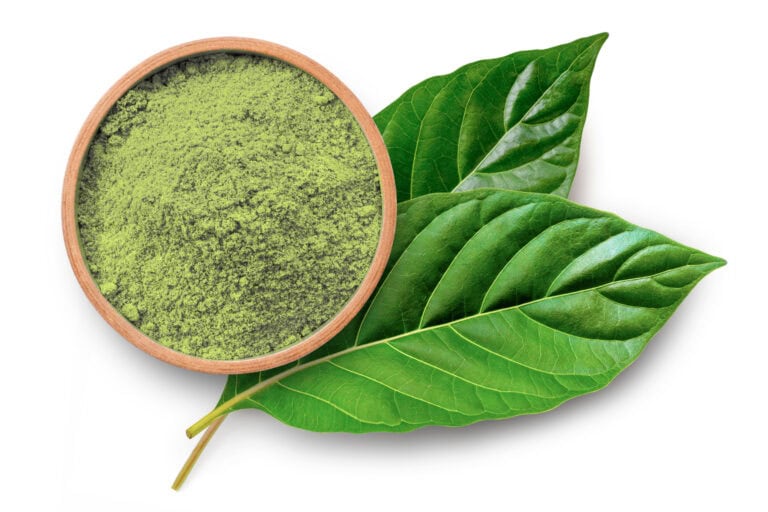Recognizing the Signs: When to Seek Help for Substance Use
10 Signs It’s Time to Seek Professional Help for Drugs and Alcohol
Substance abuse can easily take hold of one’s life, often without the individual noticing the extent of its impact. And whether it’s you struggling with feelings of anxiety, guilt, shame, or despair over your substance abuse or a loved one who has been using drugs and alcohol in an unhealthy manner, knowing when to seek professional help is crucial to your recovery journey.
For many, realizing that it’s time to seek out help for substance abuse or addiction comes once it’s too late – when relationships have been damaged, job loss has occurred, or tragic accidents have happened. However, it doesn’t have to get to that point before you or your loved one reaches out for professional support.
Here are ten signs that indicate it’s time to seek professional help for drugs and alcohol:
1. You Have Tried to Quit on Your Own Multiple Times Without
Success
One of the most significant indicators that seeking professional help is necessary is when you
have tried to quit using drugs and alcohol on your own, but have been unsuccessful.
Questions to ask yourself:
Many individuals struggling with substance abuse or addiction may attempt to stop on their
own but are unable to stay sober for an extended period of time. This cycle can be
discouraging and make it challenging to break free from the grasp of drugs and alcohol.
- Have I tried to quit using drugs and alcohol on my own multiple times without success?
- Do I feel like I have lost control over my substance use?

2. Your Substance Use is Causing Negative Consequences in
Your Life
Another sign that it’s time to seek professional help for substance abuse is when your drug and
alcohol use starts affecting other areas of your life. This can include strained relationships with
friends and family, issues at work or school, financial problems, or health concerns. When
substance use begins to hurt your life, it’s essential to seek help before things get worse.
Questions to ask yourself:
- Is my drug and alcohol use causing problems in my relationships?
- Are my finances suffering because of my substance use?
- Am I experiencing health issues related to my substance use?
3. You Experience Withdrawal Symptoms When You Try to Stop
Using
Withdrawal symptoms are one of the most challenging aspects of quitting drugs and alcohol.
These physical and psychological symptoms can range from mild discomfort to severe illness,
depending on the substance and level of addiction.
If you experience withdrawal symptoms when you try to stop using, it’s a sign that your body
has become dependent on the substance and that professional help may be necessary to
safely detox and manage these symptoms.
Questions to ask yourself:
- Do I experience physical or psychological symptoms when I try to stop using drugs or alcohol?
- Do these symptoms make it difficult for me to quit on my own?

4. You’re Neglecting Responsibilities
When substance abuse starts to interfere with your ability to fulfill responsibilities at work,
school, or home, it’s a clear sign that professional help is needed. This could look like
frequently missing work or classes, neglecting household chores or childcare duties, or failing
to meet deadlines or complete assignments due to substance use.
Neglecting important obligations not only jeopardizes your professional and personal life but
also suggests that drugs or alcohol have become the top priority, overshadowing other crucial
aspects of your life.
Questions to ask yourself:
- Am I neglecting important responsibilities because of my substance use?
- Are these neglected responsibilities causing problems in my life?
- Have loved ones expressed concern about my ability to meet obligations?
5. Engaging in Risky Behaviors
Substance abuse often leads to poor decision-making and a disregard for personal safety. You
may find yourself engaging in behaviors you would typically consider too risky while under the
influence, such as driving under the influence, unprotected sexual encounters, or illegal
activities.
These risky behaviors put your well-being at risk and have the potential for severe legal and
social consequences. Seeking professional help can give you the tools to make better choices
and avoid these dangerous situations.
Questions to ask yourself:
- Have I engaged in risky behaviors while under the influence?
- Am I putting myself or others in danger with my substance use?
6. Deteriorating Physical and Mental Health
Prolonged substance abuse takes a significant toll on both physical and mental health.
Physically, you may experience symptoms like weight loss or gain, insomnia, chronic fatigue, or
specific health issues related to the substance being abused (e.g., liver damage from excessive
alcohol consumption).
Mentally, substance abuse can exacerbate or contribute to the development of conditions like
depression, anxiety, paranoia, or even psychosis. If you’ve noticed a decline in your overall
well-being, it’s a sign that professional intervention is necessary to address the root cause and
begin the healing process
Questions to ask yourself:
- Have I seen changes in my physical or mental health since using substances?
- Am I experiencing any physical or mental health symptoms that could be related to my substance use?

7. You’re Experiencing “Lost Time”
One of the telltale signs of substance abuse is the feeling that you have “lost time” or can’t
remember significant chunks of your day or night while under the influence. This memory loss,
commonly referred to as a blackout, occurs when excessive alcohol consumption inhibits your
brain’s ability to form new memories.
Blackouts are not only dangerous but also suggest that your substance abuse has become
severe enough to impact your cognitive functioning. Seeking professional help can help you get
to the root of this issue and prevent future blackouts.
Questions to ask yourself:
- Have I experienced blackouts while using substances?
- Do I struggle to remember parts of my day when under the influence?
8. Hiding or Lying About Substance Use
When you start hiding or lying about your substance use to friends, family, or loved ones, it’s
often an indication that you’re aware of the problem but feel ashamed or embarrassed. This
secrecy and dishonesty can further isolate you and enable the addiction to worsen.
Seeking professional help can provide a safe and non-judgmental environment to address your
substance abuse issues openly and honestly, without fear of stigma or repercussions. This will
only strengthen your support system and encourage you to continue on the path toward
recovery.
Questions to ask yourself:
- Have I started lying or hiding my substance use?
- Am I afraid of judgment or consequences if I am honest about my addiction?

9. Relationship Problems and Social Isolation
Substance abuse can strain even the strongest relationships, as it often leads to broken
promises, unreliable behavior, and a general emotional disconnect. You may find yourself
withdrawing from social situations or avoiding loved ones to conceal your substance use.
This social isolation damages essential support systems and deprives you of meaningful
connections that can play a vital role in recovery. Professional treatment can help you repair
these relationships and rebuild a strong, sober support network.
Questions to ask yourself:
- Have I experienced relationship problems due to my substance use?
- Do I find myself avoiding social situations or loved ones because of my addiction?
- Do I fear that coming forward about my struggle with substance abuse will strain my relationships even further?
10. Feeling Hopeless or Suicidal
In severe cases, substance abuse can lead to feelings of hopelessness, despair, or even suicidal
ideation. If you’re experiencing these intense emotions, it’s crucial to seek professional help
immediately, as they can be indicative of a life-threatening situation.
Remember, recovery is possible, and with the right support and treatment, you can regain
control over your life and find a path to lasting sobriety and well-being. If you or someone you
know is struggling with thoughts of self-harm, call the National Suicide Prevention Lifeline at
1-800-273-TALK (8255).
Questions to ask yourself:
- Do I feel hopeless or have suicidal thoughts?
- Am I aware of resources for seeking help in a crisis?

Know When To Seek Help – You Aren’t Alone
Many who find themselves deep in the throes of substance abuse struggle with feeling that
coming forward with their struggles will only lead to judgment and rejection. Yet for those who
have come out on the other side, the benefits of seeking professional help far outweigh any
initial discomfort or fear.
It’s important to remember that you are not alone. Addiction is a widespread issue that affects
people from all walks of life. Seeking treatment and support from others who have gone
through similar experiences can be incredibly empowering and help you feel less isolated in
your journey toward recovery.
Where to Find Help In Seeking Recovery
There is no one-size-fits-all approach to addiction recovery, and the right treatment plan for
you will depend on your specific needs and circumstances. However, some common resources
for seeking help include:
- Inpatient or outpatient rehab programs: These provide a structured environment with
medical support and therapy to help individuals overcome their addiction. - Support groups: Joining a group such as Alcoholics Anonymous or Narcotics
Anonymous can provide a sense of community and support from others who have gone
through similar struggles. - Therapy: Seeking therapy from a licensed mental health professional can help address
underlying emotional issues that may be contributing to addiction.
When you have a trusted medical professional or support group on your side, it becomes easier
to face the challenges of addiction and begin to heal. Remember, seeking help is not a sign of
weakness but rather a courageous step towards creating a healthier and happier life for
yourself.
If you or someone you know is exhibiting any of the above signs and symptoms of addiction,
it’s important to seek help as soon as possible. Professional help exists for those who struggle
with addiction, and there is no shame in asking for support.




